By Lestey Gist, The Gist of Freedom
His father was an enslaved African who died a few months before his son’s birth, and his mother was a free woman of African ancestry. Walker grew up to despise the system of slavery that the U.S. government allowed in America. He knew the cruelties of slavery were not for him and said, “As true as God reigns, I will be avenged for the sorrow which my people have suffered.” He eventually moved to Boston during the 1820s and became very active within the free black community. Walker’s intense hatred for slavery culminated in him publishing his Appeal to the Colored Citizens of the World in September 1829. The Appeal was smuggled into the southern states, and was considered subversive, seditious, and incendiary by most white men in both northern and southern states. It was, without a doubt, one of the most controversial documents published in the antebellum period.
Walker was concerned about many social issues affecting free and enslaved Africans in America during the time. He also expressed many beliefs that would become commonly promoted by later black nationalists such as: unified struggle for resistance of oppression (slavery), land reparations, self-government for people of African descent in America, racial pride, and a critique of American capitalism. His radical views prompted southern planters to offer a $3000 bounty for anyone who killed Walker and $10,000 reward for anyone who returned him alive back to the South. Walker was found dead in the doorway of his Boston home in 1830. Some people believed he was poisoned and others believed that he died of tuberculosis.
Sources: Thabiti Asukile, “The All-Embracing Black Nationalist Theories of David Walker’s Appeal,” Black Scholar, 29 (Winter 1999), 16–24.
Facebook: https://www.facebook.com/lesley.Gist/media_set?set=a.4273972932933.2152976.1394470264&type=3&pnref=story&__mref=message_bubble







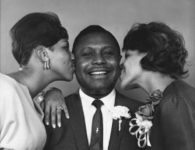


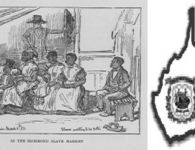

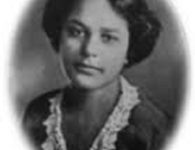
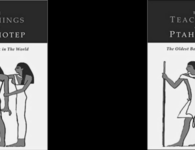
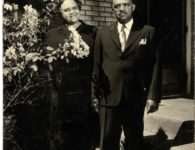
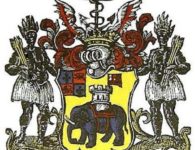
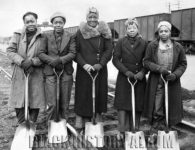

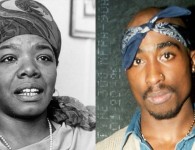
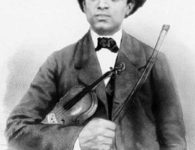
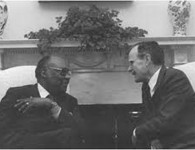

No comments